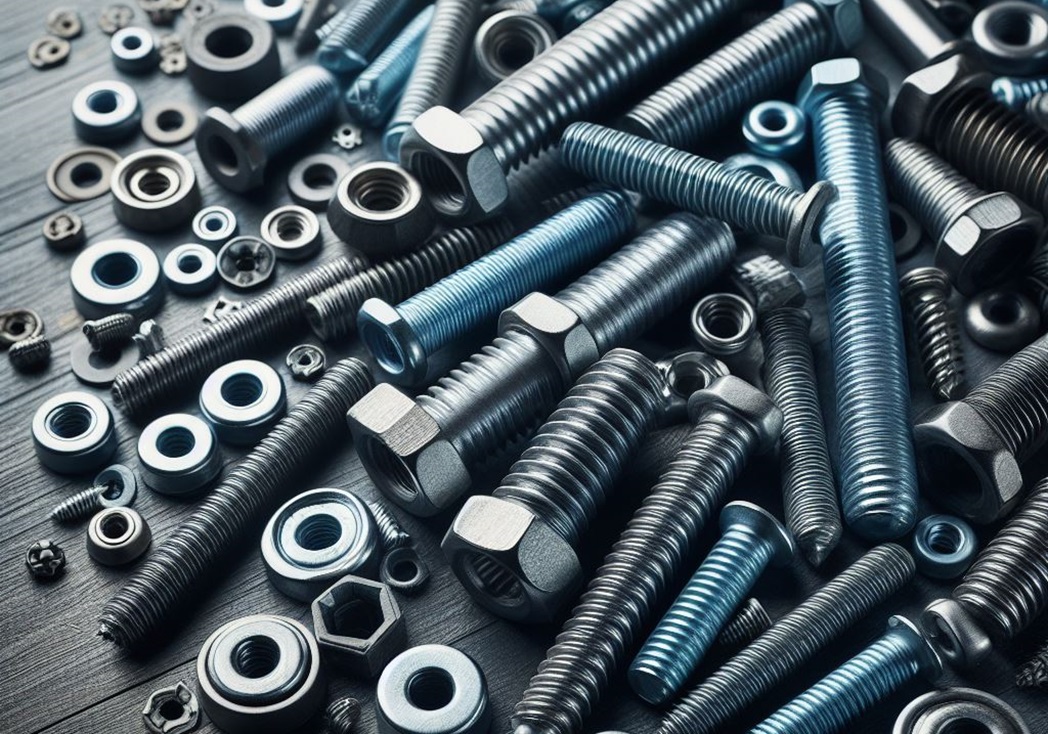International
ECJ pronunciation on technical standards risks making a mess in manufacturing and services

The ECJ probably wanted to help the free market, but it has set the stage for the creation of global chaos over industry standards that could have profound repercussions.
Earlier this month, the European Court of Justice (ECJ) ruled that there is an “overriding public interest” for the European Commission (Commission) in disclosing harmonized standards, opening a potential Pandora’s box for standards development bodies that could have major implications for standards organizations and developers of health care products that rely on those standards.
On March 5, the European Court of Justice overturned a lower court’s ruling in Public.Resource.Org Inc. and Right to Know CLG v. Commission, which had ruled that the Commission had the right to refuse to provide compliance standards in response to a Freedom of Information request. With that lawsuit overturned, companies wishing to comply with a standard would be able to obtain the standard from the Commission rather than purchasing it from a standards body, such as the International Organization for Standardization (ISO), the International Electrotechnical Commission (IEC), or DIN.
Currently, compliance sheets for these standards are purchased by companies from the various organizations by paying them not insignificant amounts of money, but not insignificant either; for example, the purchase of an electrical VDE standard costs 150 euros and does not include subsequent upgrades. So, for some industries, these compliance sheets eventually come to cost a lot of money, hence the lawsuit calling for them to be made public without payment. After all, if they are standards treated as compliance obligations by the public authorities themselves, why shouldn’t they be disseminated?
A law problem
In fact, governments and businesses treat harmonized standards like the rule of law, and everyone has a free and unrestricted right to know the laws as a basis for the law. However, they are created by for-profit businesses that depend on donations for their operations. ISO is not, per se, a governing body, nor is DIN either, so so far they have been able to claim a royalty precisely to pay the engineers who create this document.
The Commission’s historic choice to outsource the setting of technical standards externally will have fostered professionalism but, at the same time, created a huge legal problem because something that has the force of law cannot be distributed for a fee. The genius of fixing a system that paid for itself was such that, internally, it concealed a glaring error of judgment that confused public and private, confirming that things that appear too smart often are not.
Introducing standards into European law made them the subject of public law, and so they are no longer distributable for a fee. The EU pushed to force standards and spread them around the world, but by its own doing, it killed them.
An economic issue that can wreak havoc
These standards are now being debated internationally among European, Chinese, Indian, and American standards bodies. All of these bodies charge for them, but if the EU comes to reveal the standards publicly, the possibility of monetizing them for other bodies also falls.
The situation can evolve in three directions:
- The EU can be excluded from the other bodies in setting standards precisely to avoid their free dissemination.
- The issue of standard-setting is taken on at the state/community level, so it is transformed from a technical issue to a political issue, with all that that entails. For example, let us imagine the U.S. playing in a standard setting with the Chinese state when each makes it a matter of national prestige and prevalence.
- Since it is no longer possible to remunerate the standards bodies, these cease, trivially, to issue the standards, and so each country, at the limit of each company, does according to its own needs or ideas, obviously within the limits of the law. However, this is likely to generate increased costs because manufacturing companies, even subcontracting companies, will find themselves in the need to adapt their production to a plurality of production needs.
A fourth option would be for the EU to remove all references to technical standards from its laws and to do away with the existing references through a sheet rule. This would be a good method to distinguish between statutory standards and technical standards, which are set by independent technical bodies, thus making a clear distinction between public and private. But this would go against the desire for total and absolute control that comes with reigning in Brussels. So companies had better prepare themselves for a very chaotic time.






